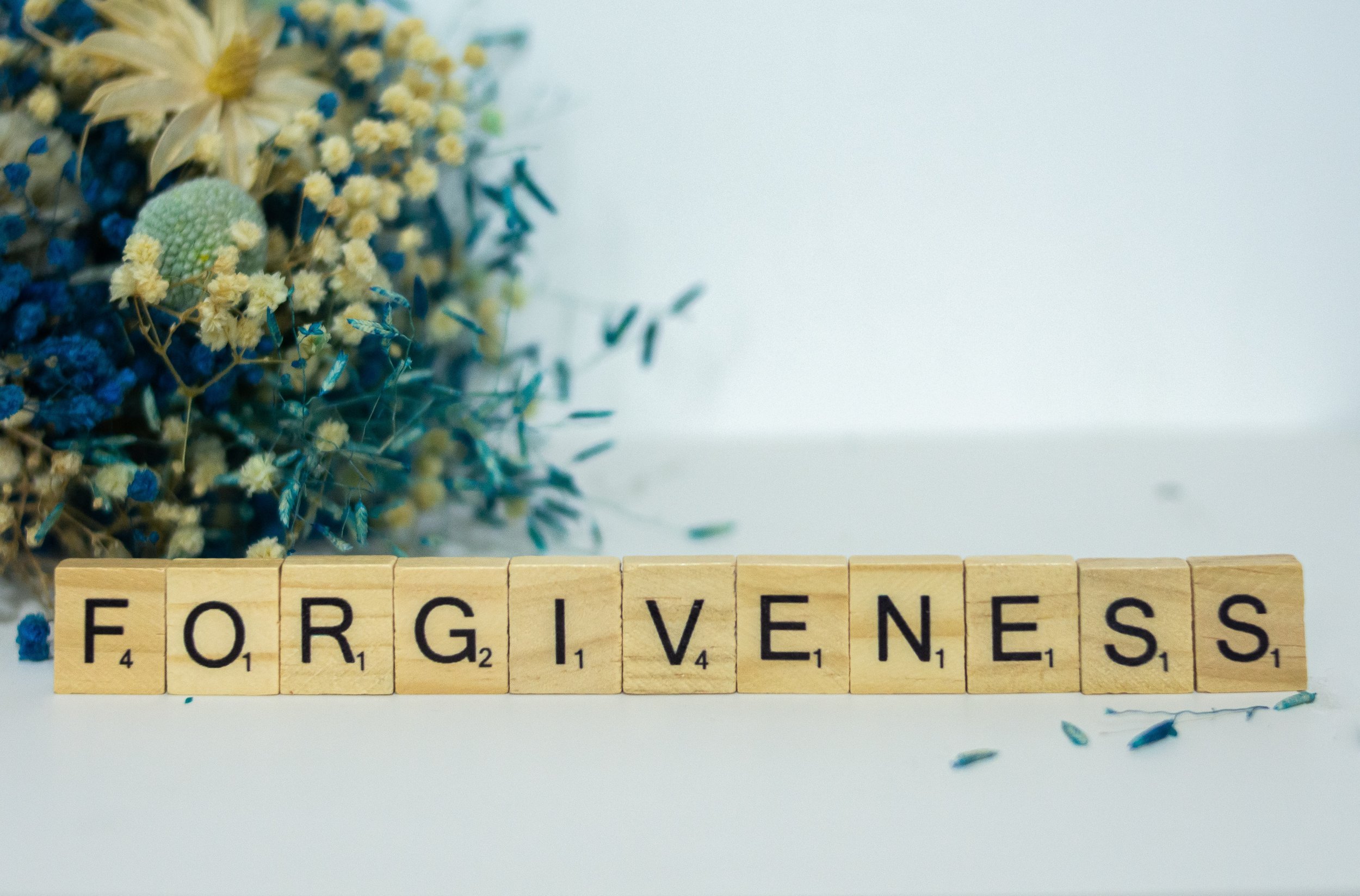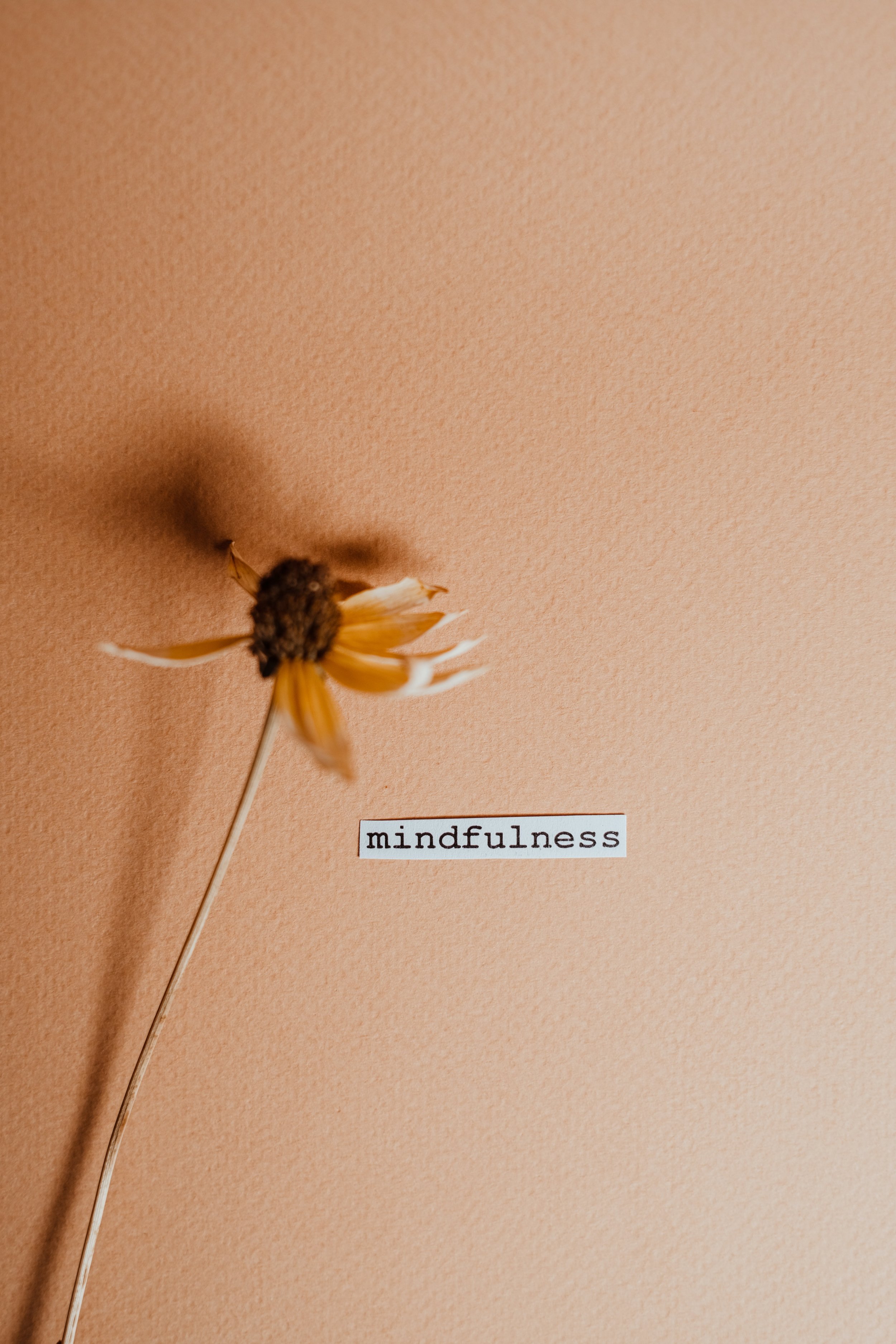
Finding Strength in Nature: The Benefits of Adventure Therapy
Individuals who routinely fight the temptation of addiction can have moments of success and failure. These failures can often become disheartening, leading to false beliefs about their limitations, what life has to offer, and what they may be able to offer in return. Rare are opportunities for adventure, to hear the call of the wild, and to answer back with confidence in their abilities.
We believe adventure-based therapy is an effective method for helping individuals get back in touch with their bodies, overcome mental barriers and develop new coping mechanisms by allowing people to experience themselves physically in challenging and safe environments. This therapeutic modality intentionally crafts experiences for individuals to engage on all levels of functioning: cognitive, affective, and behavioral levels, to help them become aware of themselves in new ways.

Empowering Your Recovery: 6 Key Steps to Strengthening Your Journey
Often substance abuse problems develop out of a person’s ineffective attempt to cope with any particular aspect of their life. A person may become overwhelmed with events in life such as loss of a job, a failing marriage, physical health concerns, an increase in stress, anxiety, depression and emotional instability or any number of mental health disorders. They may find themselves starting to self-medicate with alcohol or drugs, and soon, this coping mechanism can accelerate and become a compulsion, turning it into a full-blown addiction.
Positive coping mechanisms need to be adopted in order to overcome the addiction. Each person is unique in what helps them, but here are 6 vital coping skills that many find helpful in any recovery journey.

Sleep in Recovery
The CDC reports (2014) that about 35% of the adult U.S. population is receiving less than the recommended 7 hours of sleep a night. While this may not appear to be an immediate cause for concern, receiving inadequate sleep at night has been newly classified as increasing the risk of developing cancer from the World Health Organization, and is linked with Alzheimer’s disease, depression, anxiety, obesity, stroke, chronic pain, diabetes and heart attacks, among other medical conditions. This is in addition to contributing to a sleep-deprived person’s irritability, impaired mental functions, and lowered immune defenses.

Spirituality
One of the early pioneers of human psychology, Carl Jung surely understood the power of the spirit. He was once quoted as saying that we as humans are born three times. The first, our physical birth, the second, which marks the development of the ego, and the third, our awakening to what he called “spiritual consciousness”. According to him, the spiritual life constitutes the very core of one’s inner life, and our spiritual need is as “real as hunger and the fear of death”.
Not everyone may describe themselves as spiritual, however, what can be agreed upon is that there is an inherent spiritual instinct within human nature that points towards the larger questions in life.

Why Do I Hate Being Alone?
In today’s society, we are wired and constantly online, never alone. At the touch of a button, we can be immersed in our online worlds, with something to do, and someone to talk to. We may even find the idea of being alone threatening, leading to a sense of dread that we may have nothing left to do but think. In fact, the somewhat humorous results of a study published in Science Magazine found that individuals preferred to give themselves electric shocks than to be alone with their thoughts for only 15 minutes. The results revealed what perhaps we already knew intuitively, that most people appear to prefer doing something rather than nothing, even if it leads to an undesired consequence.

Why Emotional Intelligence Matters
In today’s modern age, we are often living in ways that keep us isolated and disconnected from those around us. We curate our lives on social media, striving to live up to the expectations of others while hiding behind the mask we have created. Eventually, we can become trapped in our own self-narrative. While there can be times where we are disappointed with what we see, rarely is anything done until mental health or substance use issues have surfaced, prompting a desire to change.
Before it becomes a problem, inattention to our feelings seems like an effective coping mechanism. It’s a way of survival, of dealing with discomfort. Learning to ‘shut down’ to our feelings begins typically because we are subject to an environment where that behavior is rewarded. The problem arises when we get older and are subject to new environments and those old methods for dealing with things no longer work for us. These patterns can become destructive and lead to aggression, depression, relationship difficulties or addiction.

The Power of Community in Recovery
In a poignant video about the state of today’s social crisis, Johann Hari laments, “Every instinct that we evolved as human beings is to be part of tribes; of communities. Bees need a hive, humans need a tribe.” However he goes on to add, “We’ve been told this story that we should think of ourselves not like that… but as individual, economic rationalizers. The reality is that mentality has produced a society considered lonelier than any previous human society. We are the first human beings who have ever tried to disband our tribes and live alone”.

Ways to Support a Loved One In Early Recovery
When your loved one continues in a life of active addiction it can be absolutely heartbreaking to bear witness to the consequences they face as a result. Whether it is ailing health, financial or legal troubles, or the outright lack of concern it seems they have for your relationship, it is never easy to just stand by and watch them unravel.

Addiction: How it Starts and Why
The National Institute on Drug Addiction cites four reasons why individuals take drugs: to feel good, to feel better, to do better, or out of curiosity and social pressure. However while these might describe the reasons why an individual might admit that they experimented with drug use, often the initial shaping of a susceptible personality has already been developed way prior to the first incidence of use. Without attention or correction, our early relationship with our emotions sets the stage for the way that we process through emotions for the rest of our lives, and become the strategies that we use to adapt to difficult environments.

Dual Diagnosis
In 2014, among adults diagnosed with a substance use disorder, 39.1 percent were also found to be suffering from some form of mental illness in the past year (7.9 million people), 11.3 percent of whom were diagnosed with a severe mental illness, such as bipolar disorder or schizophrenia. This represents about one-fourth (23.3%) of adults in the study with a severe mental illness.

How to Start Your Day
“When you wake up in the morning, tell yourself: The people I deal with today will be meddling, ungrateful, arrogant, dishonest, jealous, and surly. They are like this because they can’t tell good from evil. But I have seen the beauty of good, and the ugliness of evil, and have recognized that the wrongdoer has a nature related to my own—not of the same blood or birth, but the same mind, and possessing a share of the divine. And so none of them can hurt me.” -Marcus Aurelius
Perhaps this is a bit of an aggressive way to start off a post about how to start your day, however, we believe that it speaks to a number of truths about setting your intentions for the day. It is wise to admit to the self that there will likely be an encounter with another throughout the day that is tainted by humanity, whether theirs or yours.

What We Put In Our Bodies Matters
Too often, while in the midst of the hard work of recovery, while working so diligently to free oneself from the grip of addiction, individuals are at risk of falling prey to other equally damaging addictions, especially in terms of what they eat; namely sugar, carbs, and comfort food. Too often at Peace Club, we see our clients who are on fire for recovery, making needed changes in many areas of their life, but turning a blind eye to what they are consuming.

Space and Beauty & its Impact on the Way We Feel
It is well known that spending time outdoors is good for us: the sights, sounds, smells, and the feel of nature all have a large impact on us, and on the way that we feel. In recent years, we know this to be true in the ways that architects, city planners, and interior designers alike are working to revitalize our cities, and breathe life back into well-worn buildings and streets, and into the places that we call home.

Resource Guide for Mental Health and Addiction Technology
Gone are the days where in order to beat your addiction the only option is to uproot your life and complete a few months at a rehab center, only to leave sooner than planned, with little to no connection to your recovery community. While this approach is still useful and works for many people, most people leave traditional rehab with a lot of dread and apprehension about safely integrating back into society and using their aftercare program to stay sober.

Why You Need to Forgive and Stop Being so Hard on Yourself
Forgiveness is the act of letting go of feelings of anger, resentment, and desire for retribution towards wrongdoing. It can be incredibly difficult to do, but forgiving both yourself and others is therapeutic and necessary.
While it can at times be easier to forgive others for mistakes they’ve made, many people find it very difficult to forgive themselves. There are some notable reasons that make self-forgiveness difficult and make people punish and shame themselves over relatively minor mistakes where they may easily offer grace to others who made similar errors.

A Guide to Emotions
Emotions. Can’t live with them, can’t live without them. While we may think we prefer an emotionless life, and often while we try to create this through numbing behaviors, I can assure you that this is not the way to go. Our emotions are important, and within them they contain messages that are worth paying attention to.
Just like an attention-starved child, our emotions are clamoring for us to take notice. When we fail to pay attention, often it inspires a sense of invalidation, and the escalation begins. Conversely, when we give them the attention they deserve, the opposite is true, and relief is not long off.

Early Recovery: What to Expect in the First Year
Addiction is a serious disease that takes over a person’s life very quickly whether from long-term substance abuse, or in some cases from the very first experience of certain drugs. While there are similarities in behavior, emotional, and physical changes among individuals struggling with dependence issues, no two people will follow the same path to recovery. Each person’s case is uniquely influenced by several biological, psychological, and social factors such as age, gender, length of substance abuse, the substance being abused, and family history. However, even with so many influencing factors, most recovering people will go through similar stages on their journey to long-term sobriety.

Mindfulness
The practice of mindfulness has been gaining traction for the past several years, and has quickly risen to celebrity status among practitioners for its use in reducing stress and assisting with mood regulation. Thousands of studies have documented the physical and mental health benefits of mindfulness, especially when practiced as intended in the Mindfulness-Based Stress Reduction (MBSR) program developed by Jon Kabat-Zinn.

The Hero’s Journey and Addiction Recovery Part III
The story of addiction, and especially treatment and recovery is a well- known narrative, echoed through the great myths and legends passed down through the ages. Joseph Campbell himself noted that despite some variation, these stories of old shared a common structure: the hero answering the call), the struggle toward the goal, and his return, a transformed man. In these too, we see the three acts in the heroic journey echo the metamorphoses of addiction and recovery.

The Hero’s Journey and Addiction Recovery Part II
In the great monomyth, as depicted by Joseph Campbell, after the hero is shown in the ordinary world receiving the call and wrestling with it, there is still much left unwritten, as the bulk of the journey is yet to take place. (Read Part I Here) The story of addiction, and especially recovery, is not so unlike the great narratives of the past. True, it often seems we are compelled by something deep within us to root for the “addict’s journey”, as it complements the narrative of hope and achievement we find in the “hero’s journey” with great similarity. From this ageless narrative, the grand story that calls to us, there is so much to be learned and understood.
We pick up the narrative with our hero questioning his call, tempted to return to the security of the life he knew before...

